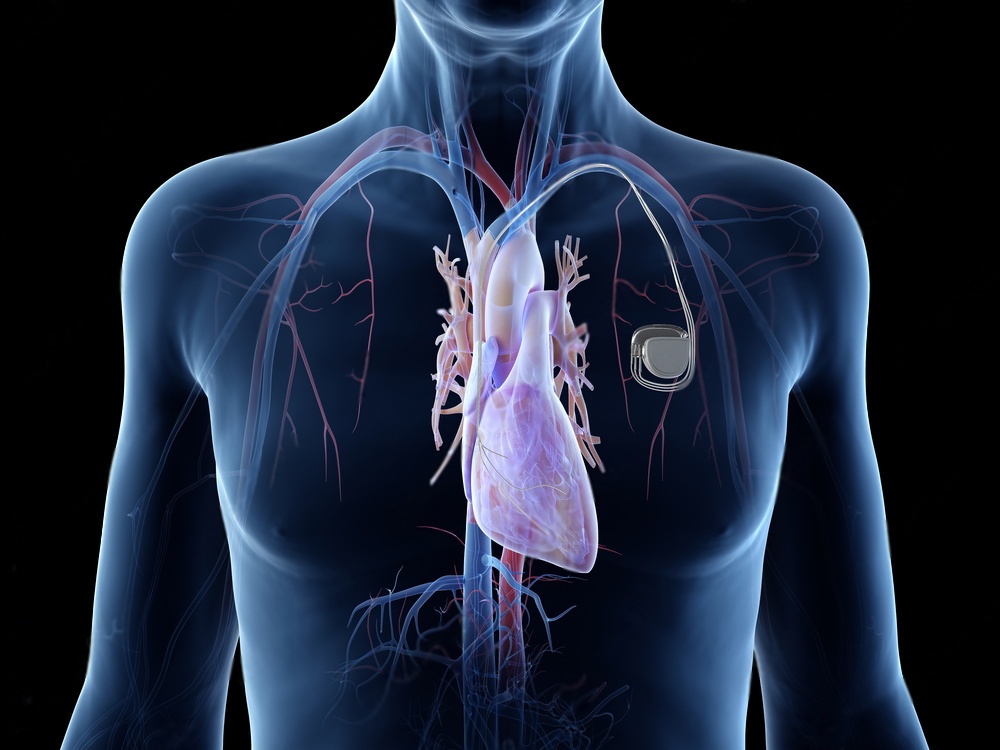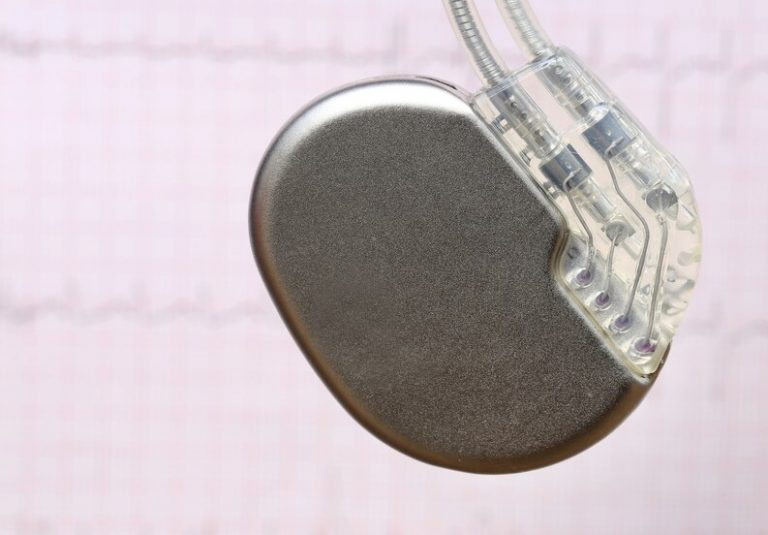
More than 20,000 pacemakers are implanted each year in India. If you or a dear one have a heart condition and your doctor recommends a pacemaker, your mind must be flooded with questions. We’ve answered some frequently asked questions in consultation with the best cardiologists at Sum Ultimate Medicare, Bhubaneswar to help you feel more confident about living with your device.
1. What is a pacemaker?
A pacemaker is a small battery-powered medical device designed to regulate and maintain the heart’s rhythm. It’s a life-saving equipment for patients with irregular heartbeat.
2. When is a pacemaker needed?
Pacemakers are prescribed by cardiologists when a patient’s heart beats too slowly or irregularly, depriving the body of the oxygen and nutrients it requires. Some common conditions that may necessitate a pacemaker include:
- Bradycardia: A slow heart rate, often causing dizziness, fatigue, and fainting
- Heart block: The electrical signals in the heart are interrupted or blocked
- Arrhythmias: Abnormal heart rhythms that can lead to serious health issues
The healthcare boom in Odisha has bridged the gap in medical accessibility and affordability. Sum Ultimate has emerged as one of the best cardiac hospitals in Bhubaneswar. It’s the first corporate hospital to offer a dedicated electrophysiology lab with all modern equipment.
3. How does a pacemaker work?
A pacemaker continuously monitors the heart’s electrical activity. When it detects an abnormal rhythm or a pause in heartbeats, it sends electrical impulses through the leads to stimulate the heart muscles, ensuring that it beats at a normal rate.
4. What are the different types of pacemakers?

There are primarily two types: Single-Chamber Pacemaker and Dual-Chamber Pacemaker. Apart from these, Sum Ultimate has wider options available – implantable cardioverter defibrillator (ICD), biventricular pacemaker, physiological pacing and leadless pacemaker. Consult with Sum Ultimate experts, the best cardiologists in Bhubaneswar, they will determine which type is most suitable for your condition.
5. How big is a pacemaker?
Pacemakers are incredibly compact devices approx. 5×4 cm and 6/7mm thick. You can see, sometimes, see the pacemaker shape under your skin but it depends on your body shape.
6. Where and how is a pacemaker implanted?
Pacemaker surgery at Sum Ultimate is performed by an experienced cardiologist. The device is typically placed under the skin, just below the collarbone via a small incision. The procedure is done under local anaesthesia to nullify any pain or discomfort during the procedure.
7. How long does the pacemaker insertion procedure take?
The pacemaker insertion procedure usually takes about one to two hours. It’s a relatively quick and minimally invasive surgery, and patients can often resume their normal activities within a few days.
8. Does the heart need to be stopped during a pacemaker operation?
No, the heart does not need to be stopped during a pacemaker operation. The procedure is done while the heart is still beating. The pacemaker is simply there to regulate the heartbeat and ensure it stays on track.
Also read: The increasing prevalence of heart attacks in Indian youth is driven by unhealthy lifestyles, stress, and genetic factors, necessitating urgent public health interventions. Know about why heart attacks are increasing in indian youth.
9. What are the risks?
While complications are rare, some immediate concerns include:
- Infection at the implantation site
- Bleeding or bruising
- Allergic reaction to materials used
- Damage to blood vessels or nerves
- Lead dislodgement or fracture
But you need not worry, expert cardiologists and the medical team will keep you under surveillance and provide instructions on how to minimise these risks.
10. Will I feel the pacemaker working?
No, you will not typically feel the pacemaker working. Its electrical impulses are very low in intensity and are designed to be imperceptible to the patient.
11. How long is pacemaker surgery recovery?
Most patients can resume normal activities within a few days after pacemaker implantation but make sure to follow your cardiologist’s instruction to the word.
12. How long will a pacemaker last?
A pacemaker is implanted when a doctor feels your heart needs it to function properly. On average, a pacemaker lasts for 8 to 15 years, depending on its type and settings. The entire device is replaced through a relatively simple procedure.
The top cardiologists at Sum Ultimate insist on routine follow-ups, typically every 3 to 6 months. The device’s data is analysed via a quick and painless process.
13. What are the dos and don’ts after fitting a pacemaker?
After pacemaker implantation, it’s crucial to:
- Avoid vigorous activities
- Inform healthcare providers like dentists and doctors before any procedures
- Carry a pacemaker ID Card
- Keep cell phones and other electronic devices at least 6 inches away from the pacemaker
- Avoiding strong electromagnetic fields, e.g., MRI
- Follow the cardiologist’s medications and lifestyle recommendations
14. When can I resume driving or travelling after the procedure?
You can usually resume driving within a few days to a week after the pacemaker implantation, provided your cardiologist gives you the green light. Travelling is also generally safe. It’s a good idea to inform airport security about your pacemaker to avoid unnecessary hassles. Anti-theft detectors or airport security systems should not affect your pacemaker.
15. What are the symptoms of a failing pacemaker?
You can feel your pacemaker is failing if you experience symptoms like
- Dizziness
- Chest Pain
- Irregular heartbeat
- Fatigue
- Palpitations
Apart from these, seek medical aid from your cardiologist immediately if you experience
- Persistent hiccups
- Twitching of the abdomen or chest muscle
- Pain, swelling, and redness at the surgical site
- A sensation that the generator is loose in the pocket under your skin
16. What should I do if I hear a beeping sound from my pacemaker?
Contact your cardiologist immediately. It could be a sign of a problem with the device that requires prompt attention.
When it comes to matters of the heart, the expertise of a cardiologist is invaluable. Consult the best cardiologist in Bhubaneswar at Sum Ultimate to address any of your concerns and ensure that your heart continues to beat in perfect rhythm.
Learn more about Sum Ultimate’s dedicated cardiology department at https://sumum.soahospitals.com/cardiac-sciences/. With state-of-the-art equipment, top cardiologists, cardiac surgeons, cardiac electrophysiologists, a medical team and affordability of heart care, Sum Ultimate is the best cardiac hospital in Bhubaneswar treating both common and complex heart conditions.





